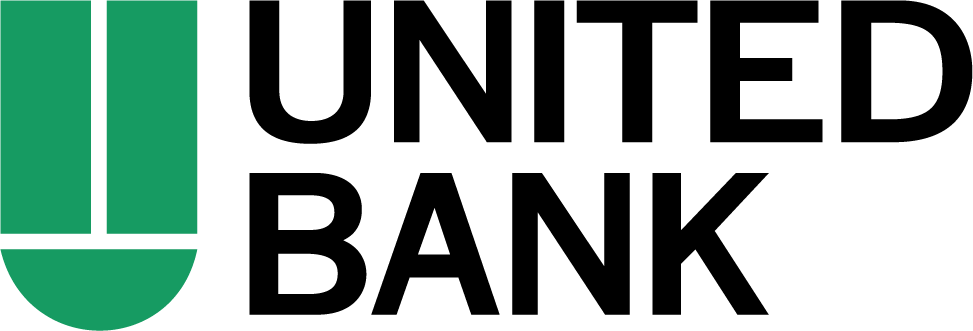1. What Financing Options Do You Offer for My Type of Business?
Does your business operate seasonally? Are you looking to expand? Having a banker who knows the ins and outs of your business’s current standings and future goals allows you to make the best financial decisions moving forward. Some businesses work best using standard loans and monthly interest payments, while others utilize lines of credit for flexible cash flow. Your trusted partner should be able to navigate you toward options with terms, interest rates, and repayment schedules best suited to your business. Visit our Lending Services page to see our range of financing programs.
2. How Can You Help Me Manage Cash Flow and Reduce Financial Risk?
A common hurdle small business owners face is having a strong understanding and organization of cash management. A small business banker can help you establish an emergency fund, create efficient payment schedules, and manage cash flow to make sure your revenues are truly turning into profits.
One of the most important parts of the bank-client relationship is making sure your hard-earned money is protected from fraud. ACH fraud is an unauthorized transfer of money from a bank account using the Automated Clearing House network. ACH Fraud prevention, flagging suspicious transaction activity, and cross-referenced checks are some of the services banks offer to help keep your finances safe from criminal activity. They may also provide financial forecasting analytics and suggest business lines of credit that can set you up for strategic success.
3. What Fees Do I Have to Pay for My Business Account and Services?
Transparency is the way to trust when it comes to banking for your small business. Transaction, overdraft, and monthly maintenance fees can make a large difference when you add up your expenses. Leveraging online banking tools and negotiating fees are ways that banks and clients work together to minimize these costs. With United Bank’s Free Business Checking, you get 500 free monthly transactions and zero monthly maintenance fees.1 The banking solutions that align with your needs must be able to keep your business profitable as you navigate routine banking operations.
4. What Tools and Technology Do You Offer for Online Banking?
Nowadays, online banking tools are a necessity. You need the convenience and flexibility of managing accounts and scheduling transactions anytime, anywhere. Many banks offer mobile tools for invoicing, payroll management, and business expenses. Online Business Banking with United Bank lets you bank wherever your business takes you with on-the-go ease of moving funds, stopping payments in real time, and more.
5. How Can You Support My Business as It Grows?
When choosing your small business banker, you’re choosing a long-term partner who will know you and your company throughout new developments and growth periods. Having face-to-face conversations over time helps create a valuable relationship with personalized attention. While meeting current needs is crucial, it’s important to consider how your banker can help you reach your next steps. You’ll want to gain insight from someone who knows the community in which you do business and who can provide valuable networking opportunities for you to expand. And as your small business grows, so do the offerings. United Bank’s Treasury Management Services are here to provide financial insights as your business grows.
Whether it be a clothing brand or a landscaping service, your small business is as unique as you are. It’s important to work with a team that offers support with your goals in mind. Asking these questions will give you a better understanding of what you’ll need from your trusted banker to guide you through your business ventures. To see how we can help your small business succeed, visit our Business Services page or find a branch near you.
1Transactions above 500 are .25 cent each. $100 to open account. Other fees may apply. See Fee Schedule.

